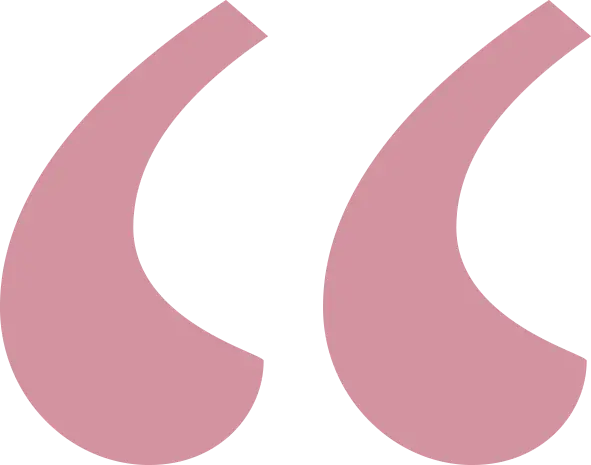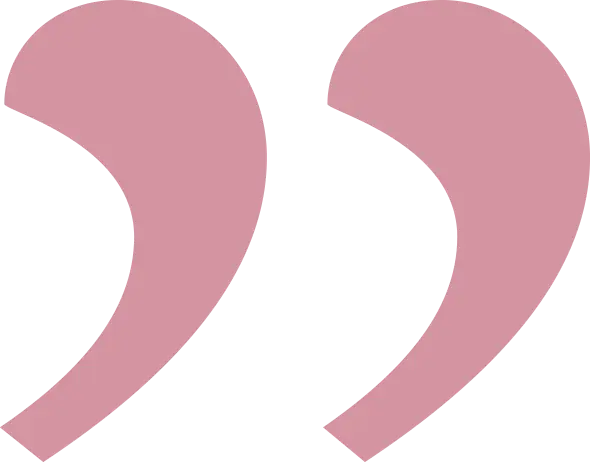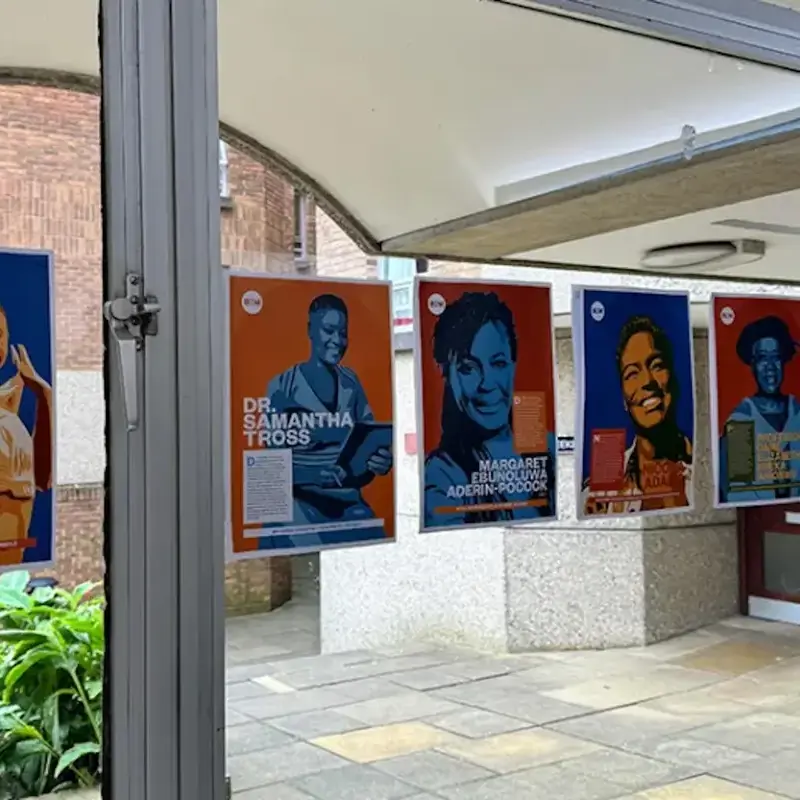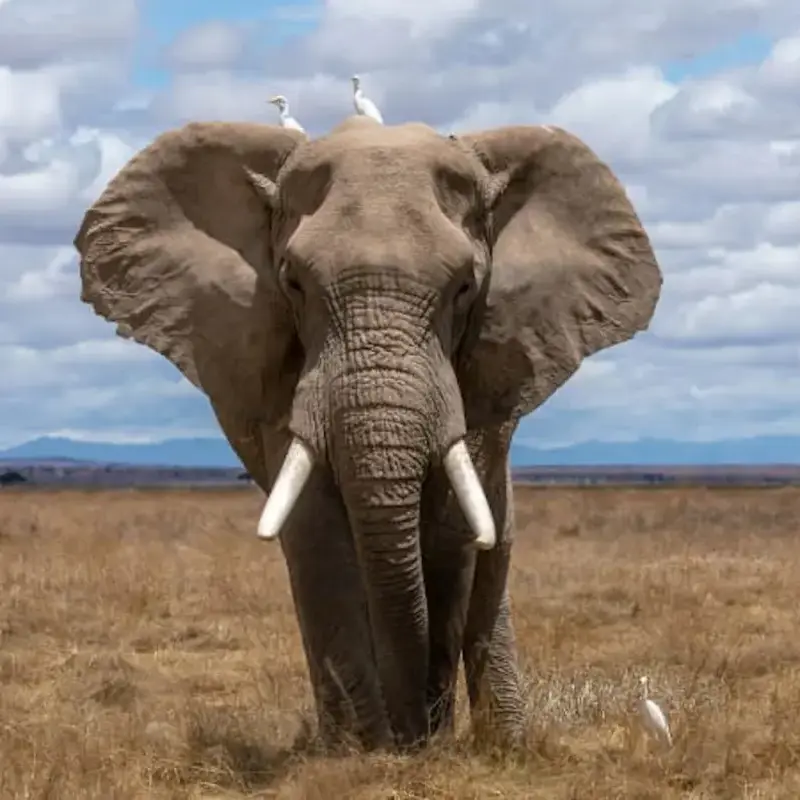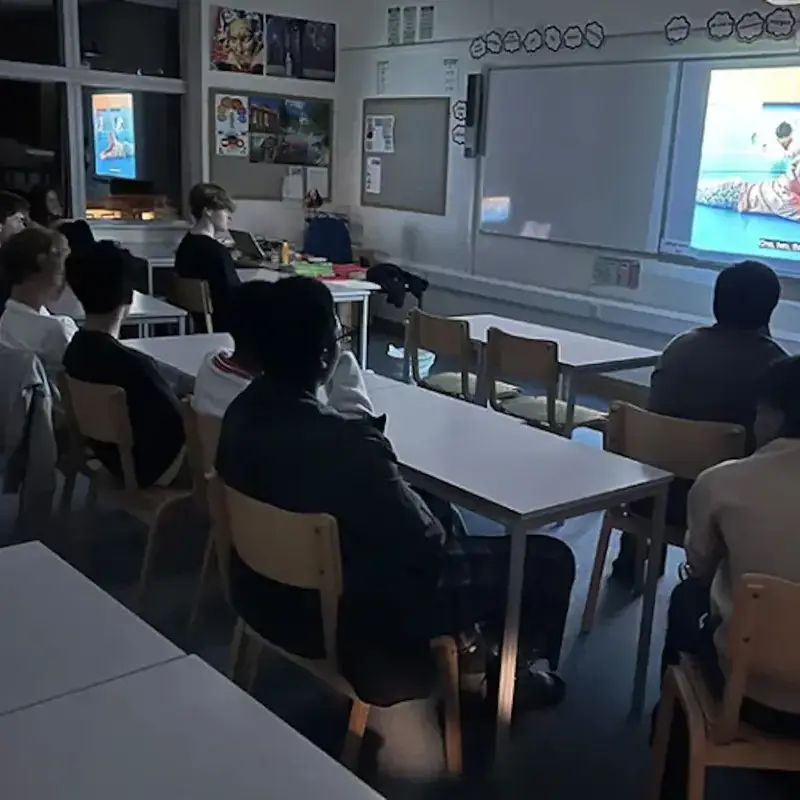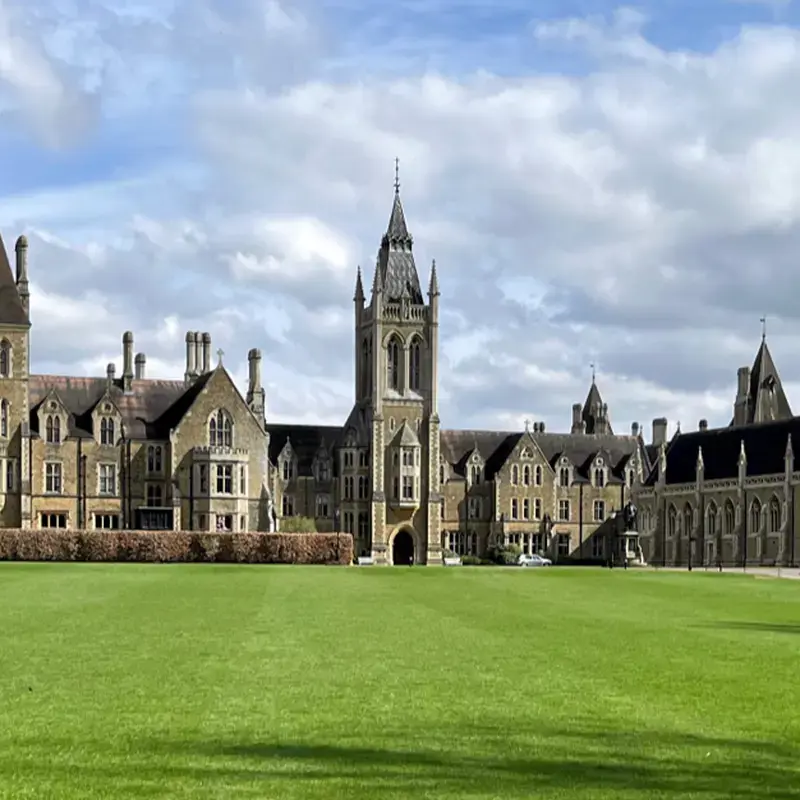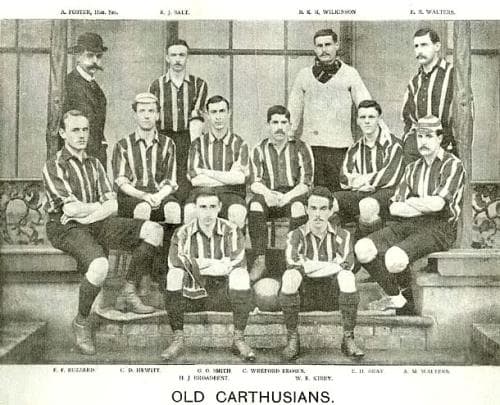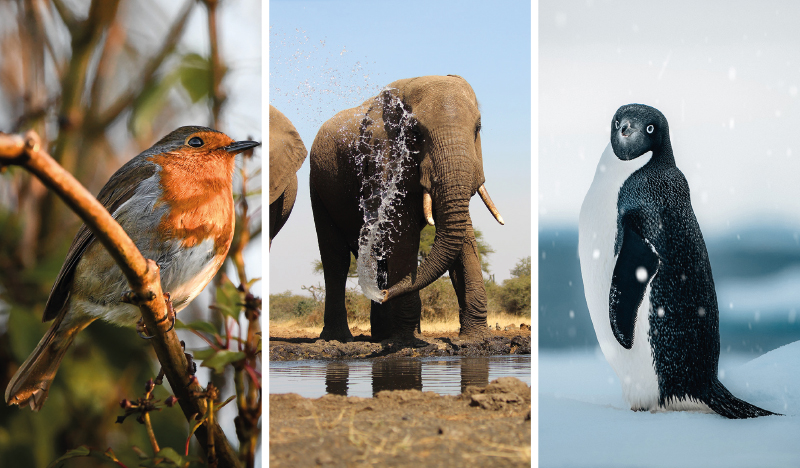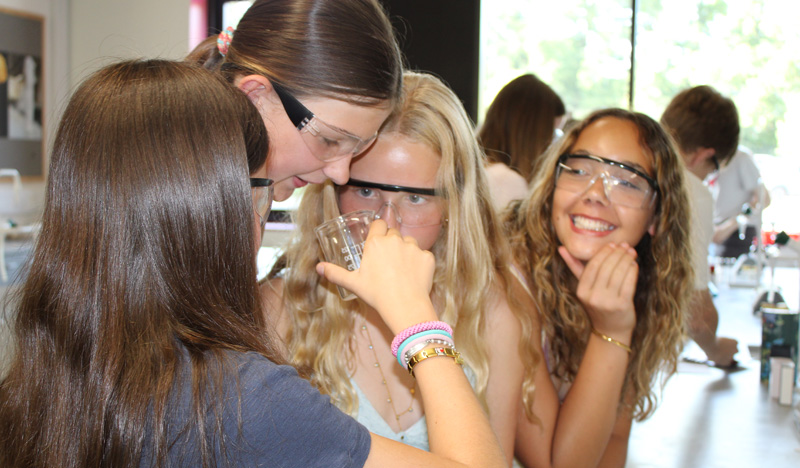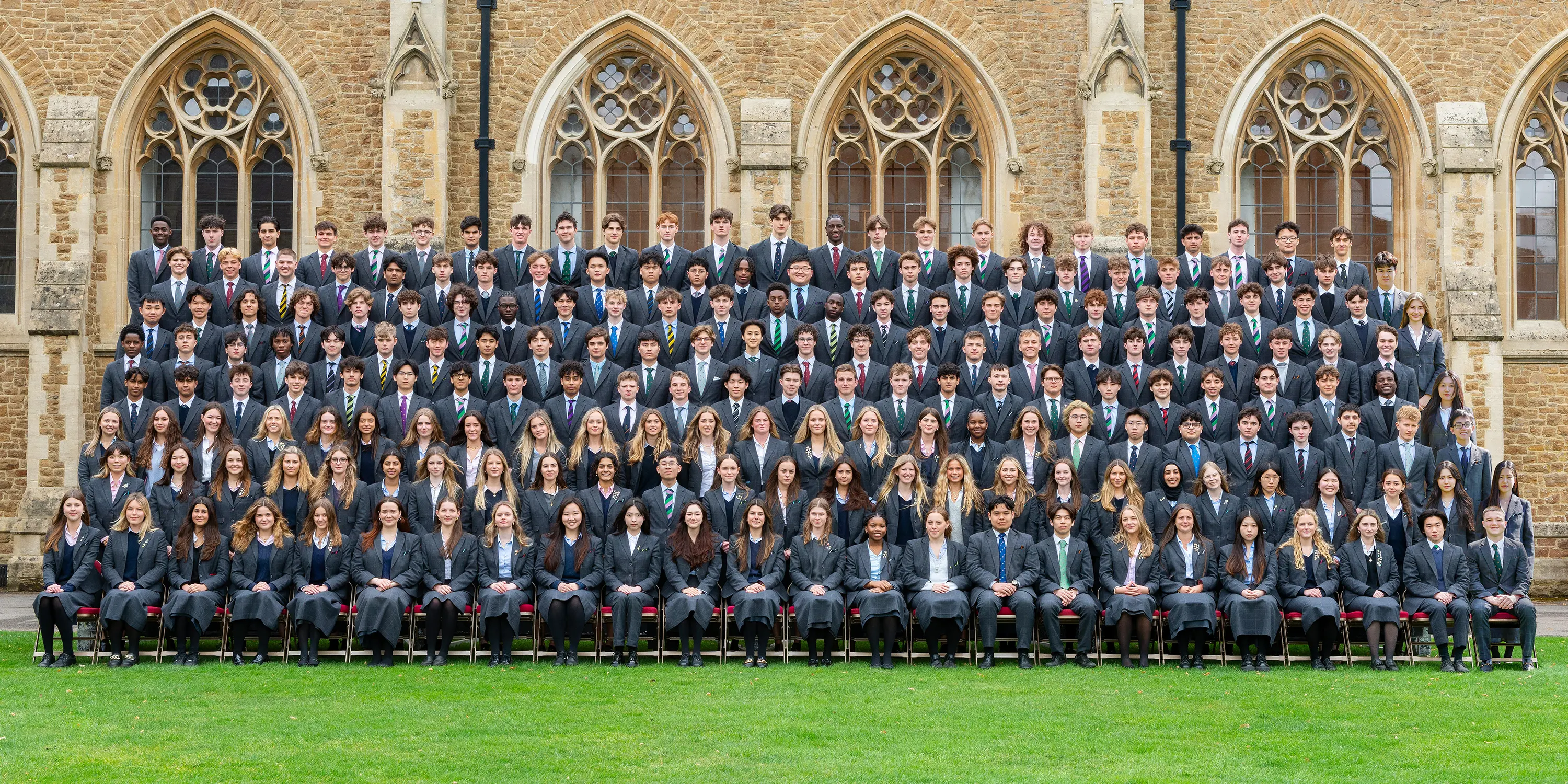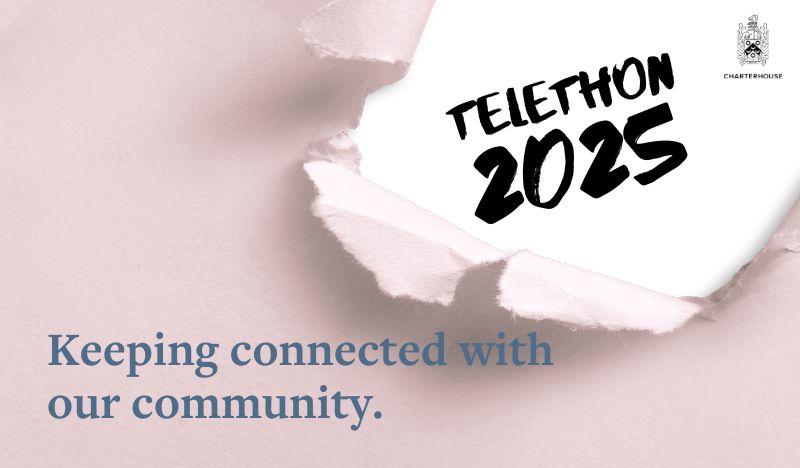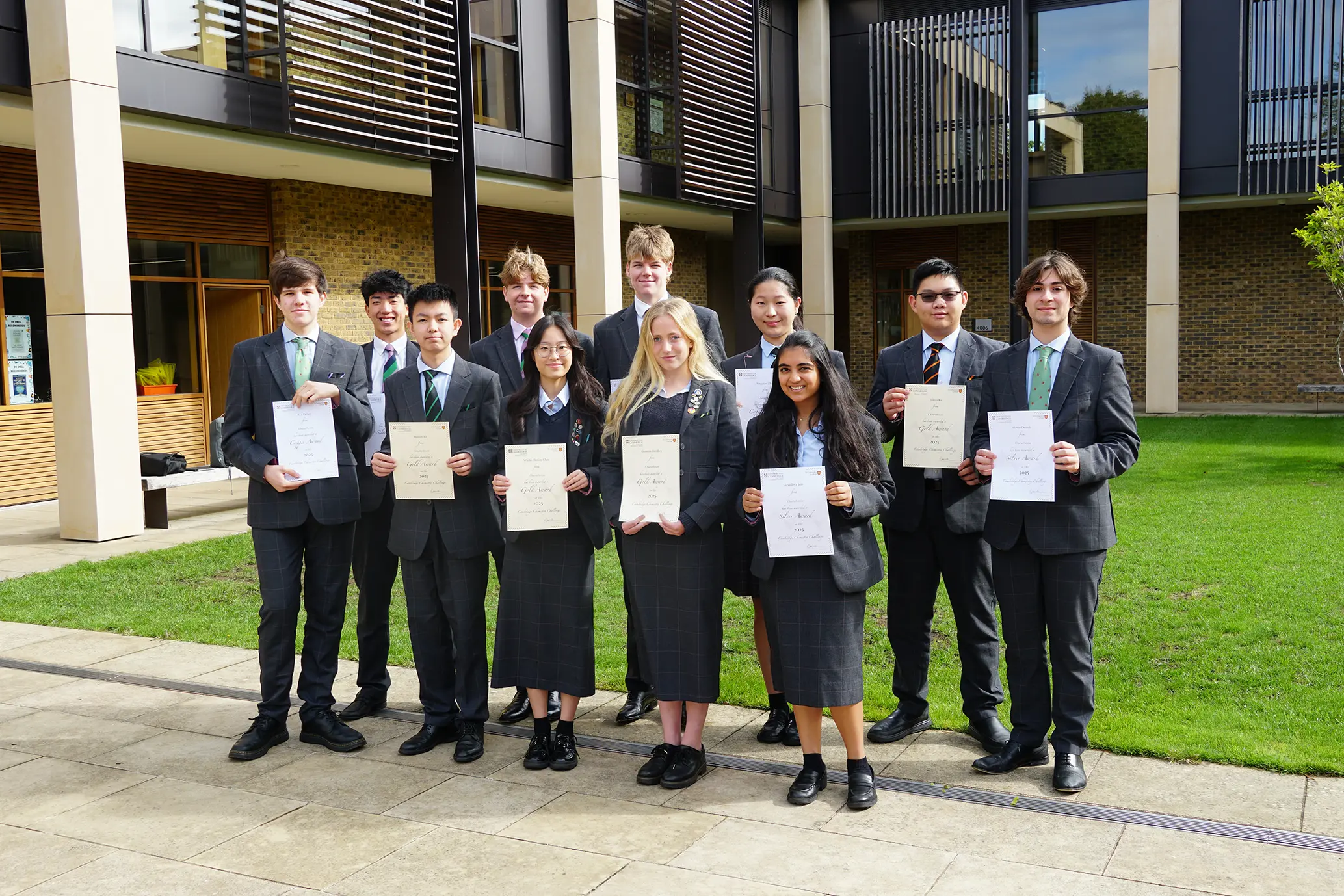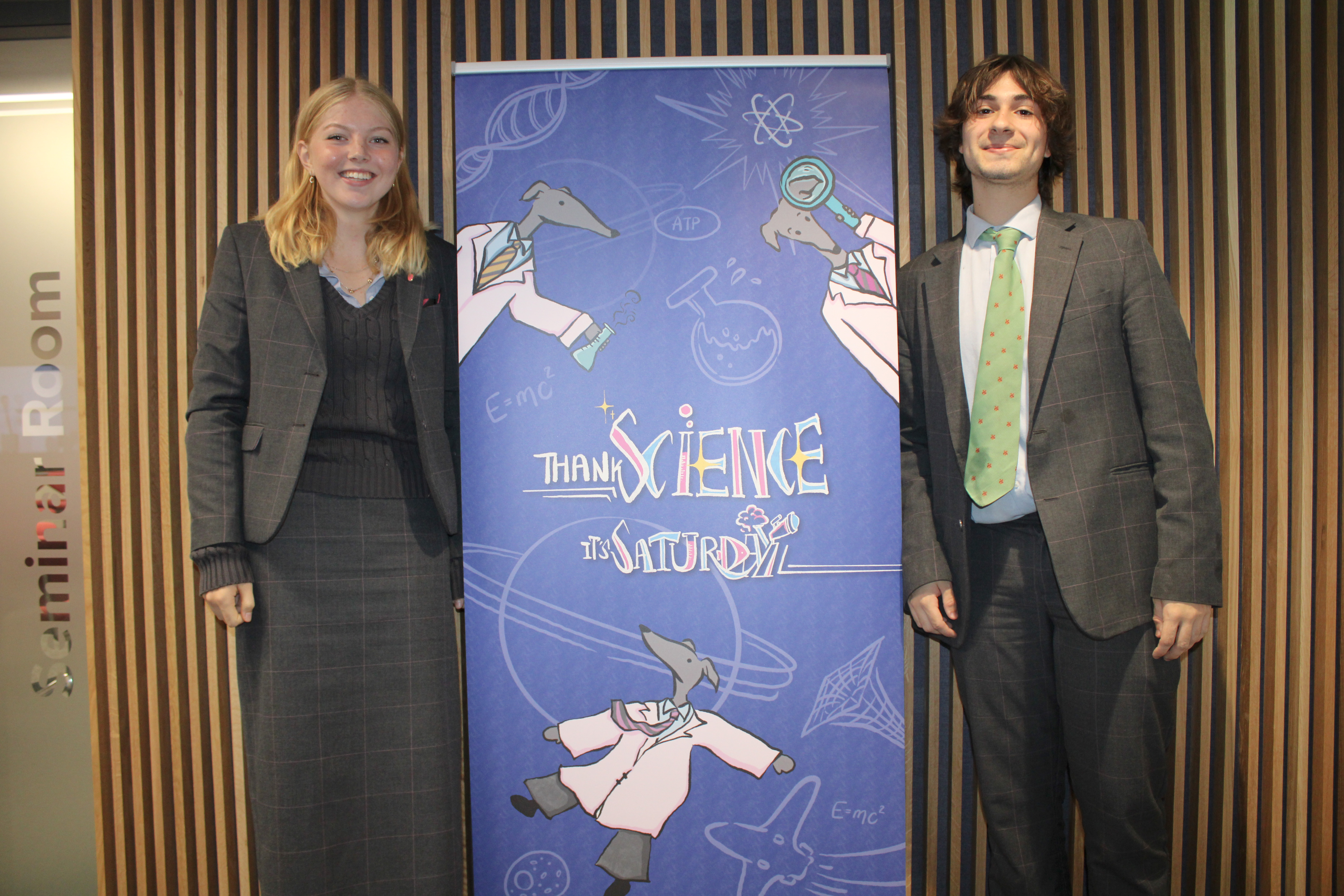Rising Star Eamon, Second Year Specialist (Year 13), recognised on a global stage for a prestigious international essay prize.
The John Locke Global Essay Prize is an esteemed competition for young people that encourages independent thought, clear reasoning, critical analysis, and the ability to write persuasively. This year, the competition received essays from 63,328 candidates from over 150 countries. In total, over 100 million words were written.
Eamon's essay in the Philosophy category explored the question: "Should we treat non-human animals well because they have rights, interests, neither, or both?" He won third prize.
Winning third prize in the John Locke Essay Prize feels so surreal to me. I never expected to do so well in such a prestigious competition. I am beyond grateful for what I have achieved.
EAMON, SECOND YEAR SPECIALIST (YEAR 13)
The John Locke Essay Prize invites students to explore a wide range of challenging and interesting questions beyond the confines of the school curriculum. It also gives students the chance to have their work assessed by experts and judged by a panel of senior academics drawn from leading universities, including Oxford and Princeton.
Eamon and his family attended the awards ceremony, held on Saturday 4 October at the Grosvenor House Hotel in London.
This is an outstanding achievement, and we are incredibly proud of Eamon, who is studying A Levels in Economics, Maths, Music, and Philosophy. Eamon aspires to study PPE (Politics, Philosophy, and Economics) at a global elite university.
The John Locke Essay Prize is one of the biggest and most competitive academic competitions in the world. Out of more than 60,000 global entrants, Eamon's success stands as a great testament to his talent and diligence. He works exceptionally hard and consistently demonstrates a strong desire to read more, learn more, and deepen his understanding of Philosophy. Most importantly, however, Eamon is unfailingly polite. His engagement with the Scholar Pathway has been outstanding throughout his two years in the Sixth Form, and he is a great example to all Carthusians.
MICHAEL DAWSON, Head of SCHOLARSHIP
Should we treat non-human animals well because they have rights, interests, neither, or both?
Ethical concerns regarding animal welfare have grown rapidly since the 1970s and have been at the core of contemporary philosophical discussions in response to changing societal attitudes to non-human animals. This question implies a normative ethical assertion that requires justification regarding why we ought to treat non-human animals well. For the purposes of this discussion, I would define "well" as the mitigation of harm, promotion of welfare, and respecting dignity. Rights, often grounded in Kantian ethics, imply the inviolability of rules regardless of the context; interests, often associated with utilitarianism, imply the conditions that are beneficial or detrimental to the being; both imply the combination of rights and interests in their approach to animal welfare, whereas neither imply an alternative approach, for example, relational ethics. (cont.)

